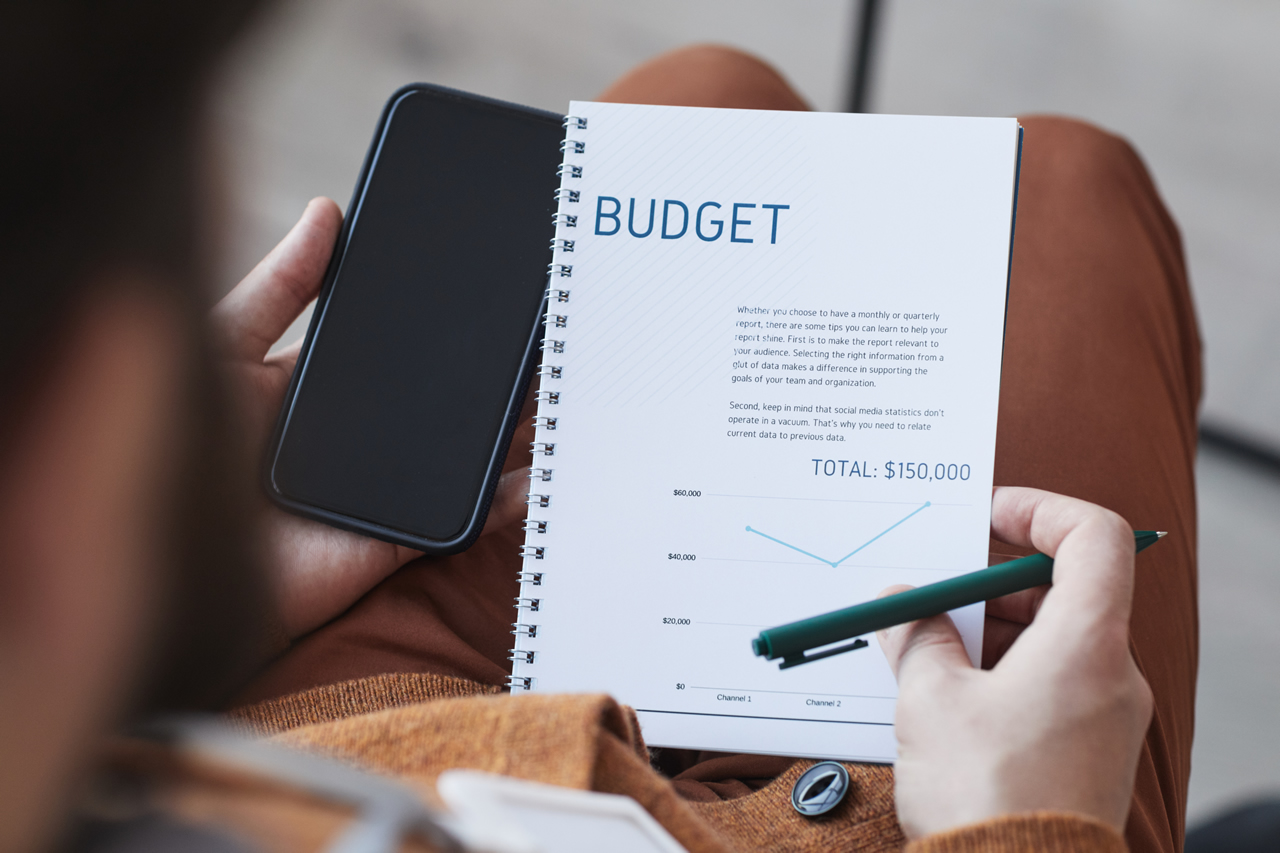In today's digital age, where smartphones and budgeting apps have become ubiquitous, it may seem counterintuitive to advocate for pen-to-paper budgeting. However, there are several compelling reasons why I believe that the traditional method of budgeting using pen and paper is superior to relying solely on apps. In this article, we will explore the benefits of pen-to-paper budgeting and why it remains an effective tool for managing personal finances.
The Tangible and Engaging Experience
One of the primary advantages of pen-to-paper budgeting is the tactile experience it offers. Unlike digital apps, which can feel impersonal, the act of writing down financial information engages multiple senses and reinforces a connection between your actions and money management. The physicality of pen and paper makes budgeting a more tangible and immersive experience.
Enhanced Focus and Mindfulness
When using pen and paper, you are less likely to be distracted by notifications, alerts, or tempting advertisements. By eliminating these digital distractions, pen-to-paper budgeting allows you to focus solely on your financial matters. This heightened level of concentration promotes mindfulness, enabling you to make more informed decisions and gain a deeper understanding of your spending habits.
Freedom from Technological Limitations
Budgeting apps can be incredibly powerful tools, but they come with their own set of limitations. These apps often have predefined categories and features, restricting your ability to customize and adapt them to your specific needs. With pen-to-paper budgeting, you have the freedom to design your budgeting system from scratch. You can create personalized categories, tailor your tracking methods, and adjust the layout to suit your unique financial goals.
Reduced Distractions and Information Overload
In today's digital world, we are constantly bombarded with information and notifications. Budgeting apps, although convenient, can add to the overwhelming flow of data. Pen-to-paper budgeting offers a respite from this information overload. By simplifying the process and focusing on the essentials, you can avoid getting lost in a sea of numbers and stay more connected to the core principles of budgeting.
Enhanced Financial Awareness
When you rely on pen and paper for budgeting, you develop a heightened sense of financial awareness. The deliberate act of writing down expenses and income fosters a deeper understanding of your financial patterns. It encourages you to actively analyze your spending habits, identify areas for improvement, and make conscious choices that align with your long-term financial goals.
Building Good Habits and Discipline
Pen-to-paper budgeting requires discipline and consistency. By physically engaging with your budget on a regular basis, you cultivate good financial habits. The act of manually tracking your expenses and income instills a sense of responsibility and accountability. It encourages you to stay on top of your finances, avoid unnecessary expenditures, and prioritize saving and investing for the future.

Promoting Effective Communication
Budgeting is not just a solitary activity; it can also be a collaborative effort, especially in a household setting. Pen-to-paper budgeting facilitates effective communication between partners or family members. Sitting down together to discuss and plan the budget encourages open dialogue, strengthens financial transparency, and fosters a sense of shared responsibility and teamwork.
A Sense of Accomplishment
There's a unique satisfaction that comes from physically crossing off items on a budgeting list or seeing your progress through the pages of a journal. Pen-to-paper budgeting provides a tangible representation of your financial journey. Each milestone achieved and goal reached becomes a visible testament to your hard work, discipline, and dedication.
Sustainability and Environmental Considerations
In an era where sustainability is a growing concern, pen-to-paper budgeting has an environmental advantage. Unlike digital apps that rely on electricity and electronic devices, pen and paper are eco-friendly and do not contribute to electronic waste. By choosing the pen-to-paper approach, you can align your financial practices with your commitment to a greener lifestyle.
Conclusion
While budgeting apps offer convenience and technological advancements, pen-to-paper budgeting provides a unique set of benefits that cannot be overlooked. The tangible experience, enhanced focus, customization options, reduced distractions, increased financial awareness, habit-building opportunities, effective communication, sense of accomplishment, and environmental sustainability all contribute to its effectiveness. So, grab a pen and paper and embark on your budgeting journey with confidence and intention.
Frequently Asked Questions (FAQs)
- Is pen-to-paper budgeting time-consuming?
Not necessarily. While it does require some initial setup and regular commitment, pen-to-paper budgeting can be as time-consuming as you make it. It ultimately depends on the level of detail you choose to include in your budgeting process.
- Can I use both pen-to-paper budgeting and budgeting apps simultaneously?
Absolutely! There's no rule that says you have to choose one method over the other. Many individuals find value in using both approaches in tandem. For instance, you can use a budgeting app for real-time tracking and convenience while using pen and paper for long-term planning and reflection.
- Do I need any specific tools to start pen-to-paper budgeting?
Not really. All you need is a notebook, ledger, or a dedicated budgeting journal and a reliable pen. You can also explore various budgeting templates available online or create your own.
- How often should I update my pen-to-paper budget?
The frequency of budget updates depends on your personal preference and financial circumstances. Some individuals prefer to update their budgets weekly, while others may find monthly or biweekly updates sufficient. Find a rhythm that works best for you and allows you to stay on top of your finances.
- Can pen-to-paper budgeting help me save more money?
Yes, pen-to-paper budgeting can be an effective tool for saving money. By actively tracking your expenses, setting clear financial goals, and making conscious spending decisions, you can develop better money management habits and increase your savings over time.


